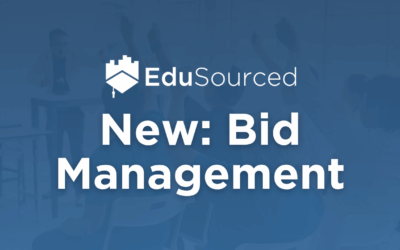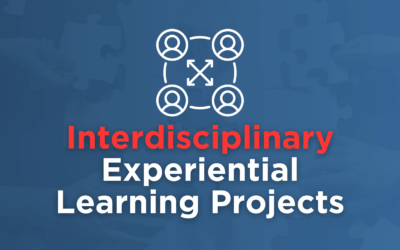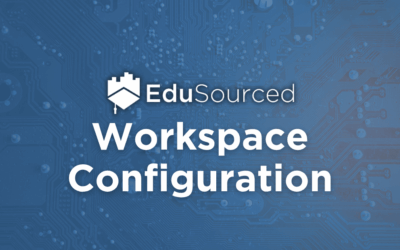With employer projects in the classroom growing as an increasingly crucial differentiator for traditional Higher Ed, schools are grappling with just how formal and organized these programs should be. Procedure and process may not be the first thing to come to mind when thinking of Higher Ed. and yet the non-academic units in schools have long relied on procedure to ensure nothing slips through the cracks. Departments like career centers and alumni relations use tools and process to manage crucial relationships and high value activities for their schools. Similarly, an experiential learning procedure is needed.
Employer-based experiential projects are unique in their position: these student projects are an academic activity yet they engage employers and there are key reasons to apply process or procedure that wouldn’t be found or needed in other academic initiatives. So which is it? Should a school’s experiential program be an entirely freeform, purely academic endeavor or should it be operationalized as an office?
Well, the answer for most schools is both. Academic flexibility is needed for learning and yet creating operational standards is helpful for any program dealing with employer-based student projects. But there are circumstances under which applying a formal procedure to experiential learning becomes critical.
When experiential learning procedure goes from nice to have to crucial
- Scale: managing a large program. What constitutes large is relative to your faculty/staff to project ratio but we have found that 20 or more team projects at a time is a helpful generalized threshold.
- Remote learning: distance and remote learning are not new concepts but running employer projects with far-flung teams is.
- High value project sponsors: all project sponsors, whether paid or unpaid, are valuable in that they bring real-world challenges to the classroom. But some are especially valuable because they can represent a bigger school relationship: key large employers responsible for recruiting many of your students each year, etc.
Historically, individual faculty would choose to take up industry projects in their course and do so at great effort as these same faculty would have to recruit their own project clients, manage those relationships and oversee the student teams alongside all the responsibilities of a traditional course. This with no additional compensation or support from the institution. And yet, the faculty who chose to teach this method usually brought tremendous value to that institution: more career-ready students and improved employer relations. Why would any institution not actively support this?
Increasingly, institutions are supporting industry projects in the classroom. We defined institution-level experiential support in our annual benchmark survey as having a director and/or office of experiential learning. Depending on the discipline, only a third of all schools surveyed in 2019 had an office or director while nearly half met this standard in early 2020. Such coordination makes possible outcomes reporting for accreditation standards, multi-disciplinary student teams (which better mirror the real world), and just generally a more professionally run program.
Failing to proceduralize experiential learning is a missed opportunity. While implementing a procedure does not necessitate using a particular tool or even a tool at all, it often does coincide with implementing a system to be used by the program. This is not the same as “outsourcing” a strategically valuable experiential program but instead is akin to a career office utilizing a platform to manage their internships and employer relations.
EduSourced is the most widely adopted tool for proceduralizing experiential learning. If you want to learn more, schedule a demo here.
Checklist: does your program have a procedure for experiential learning or is it ad-hoc?
- Do you have a dedicated office or staff who is responsible for experiential learning as their primary job duty? Is this person or group allotted adequate resources?
- Are project sponsor recruiting efforts tied in with relevant offices like career services and alumni relations?
- Is reporting available to share with leadership and accreditors on the results of your experiential learning programs?
- Have silos been broken down between disciplines to allow for multidisciplinary teamwork and other collaborations where appropriate?




